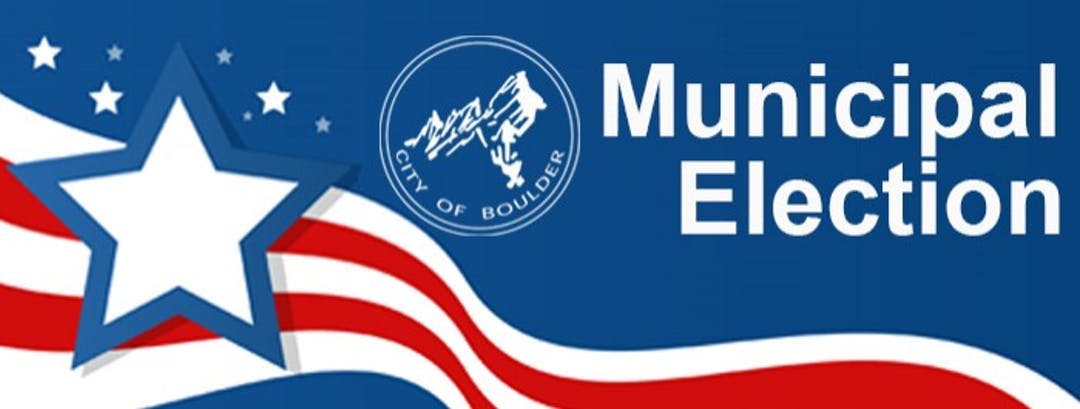2B: No Evictions Without Representation

Boulder voters will consider five ballot measures on the Nov. 3, 2020, election, including this one. Use the form on this page to ask the city factual questions about this ballot measure. City staff will answer questions submitted through Oct. 16.
Ballot Language: No Eviction Without Representation
Shall the City of Boulder’s taxes be increased annually by one million, nine hundred thousand ($1,900,000.00) (first full fiscal year increase) commencing on Jan. 1, 2021, and by whatever additional amounts are raised annually thereafter from an excise tax to be paid by landlords on dwelling units with rental licenses in the amount of $75 per year, with the tax rate increasing every year thereafter at a rate that does not exceed the Colorado consumer price index on each rental license for a dwelling unit that is issued by the city;
and in connection therewith, shall all of the revenues collected be used to fund:
- the administrative cost of the tax, and thereafter to
- establish, run and fully fund a program to provide legal representation to tenants who face the loss of housing in eviction and administrative proceedings;
- provide a tenant’s legal services and assistance coordinator to administer the program;
- create a tenants’ committee comprised of five members paid a $1,000 per year stipend; and
- provide rental assistance for persons that are vulnerable to eviction; and
shall the full proceeds of such taxes at such rates and any earnings thereon be collected, retained, and spent, as a voter-approved revenue change without limitation or condition, and without limiting the collection, retention, or spending of any other revenues or funds by the City of Boulder under Article X Section 20 of the Colorado Constitution or any other law?
For the Measure _____ Against the Measure _____
Under the Fair Campaign Practices Act, the city is limited to the information we can provide during election season. We will not provide opinion or analysis, but we can provide factual information in response to specific questions to help inform your decisions. City staff will answer questions submitted through Oct. 16.